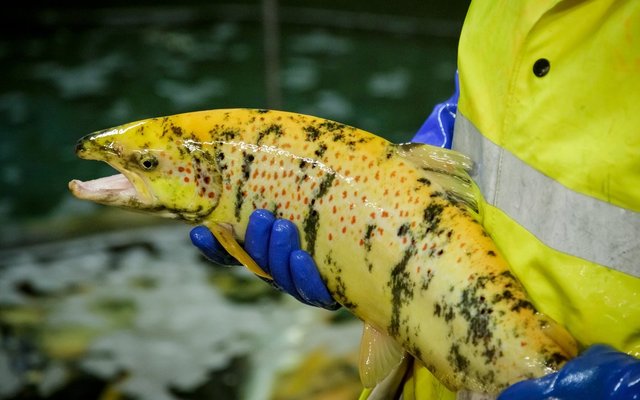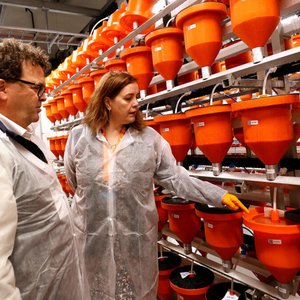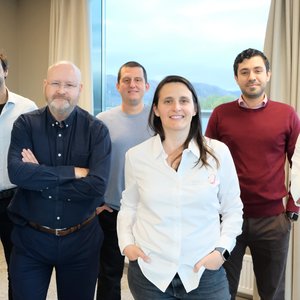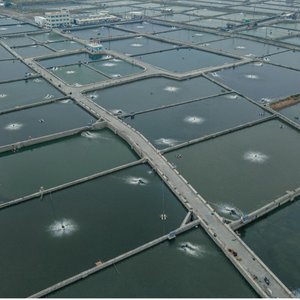By switching off a special gene with the CRISPR method, researchers from the Norwegian Institute of Marine Research created the world's first salmon without germ cells. The purpose has been to develop a farmed salmon that cannot mate with wild salmon if it escapes. Researchers have followed such salmon throughout their production cycle in order to compare growth, welfare and omega-3 content with normal farmed salmon.
”We found no differences in body size, smoltification, stress markers, heart size or skeletal malformations,” said researcher Lene Kleppe. The sterile salmon also had the same amount of healthy omega-3 fatty acids as the standard farmed salmon.
Researchers found standard salmon began to grow faster than the sterile salmon towards the end of the experiment. In addition, they grew bigger livers. “These are early signs of sexual maturation. You generally want to avoid that in farming, not only because sexually mature fish can mate with wild fish,” explained Kleppe. Fish that reach sexual maturity become more susceptible to disease and can thus experience poorer welfare. They also provided poorer meat quality because they use energy on sexual maturation. In farming, sexual maturation means that the salmon must be slaughtered, even if it was ahead of schedule. Early sexual maturation is a problem, especially in RAS facilities.
Check out the study here.












